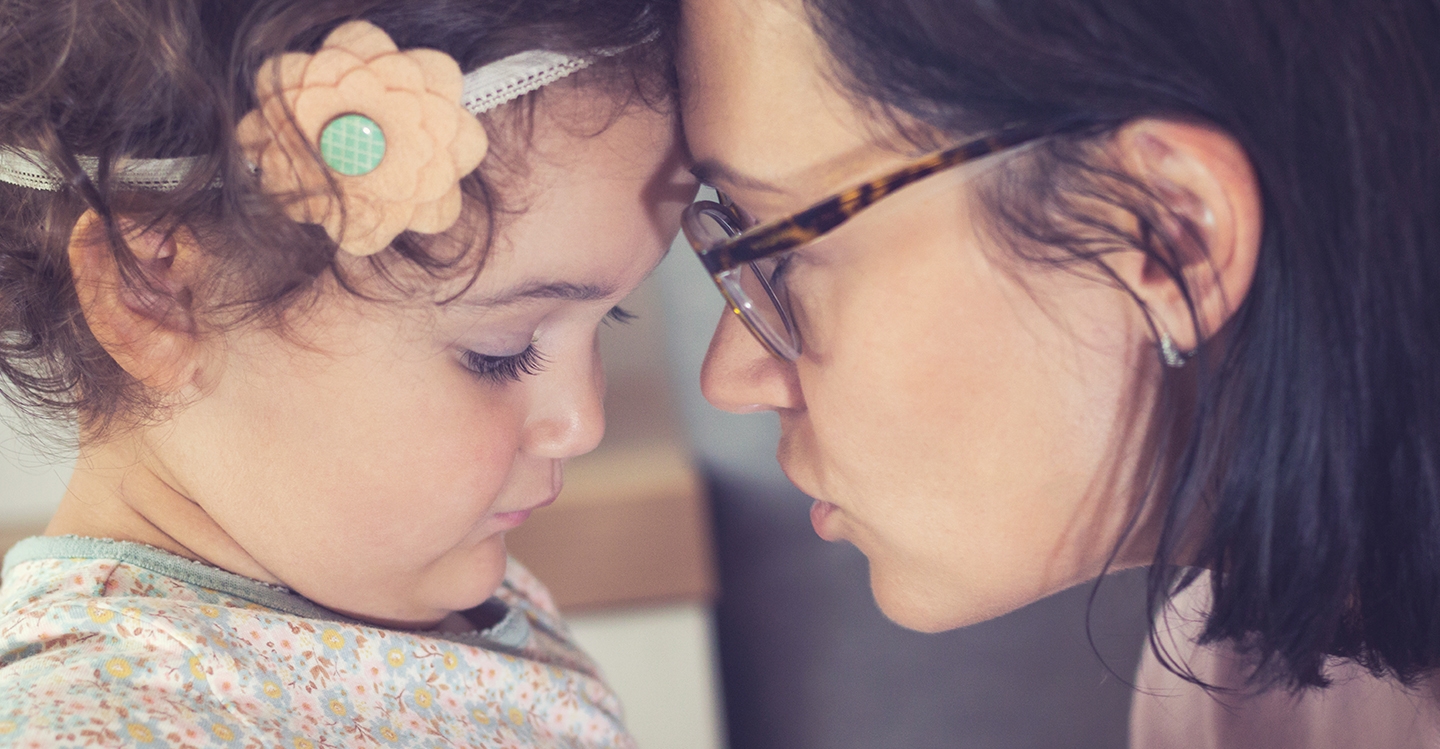Every person at some point in their lives will be touched by the death of a loved one. This inevitable truth becomes more apparent the older we get, but for toddlers and young children it can be a hard truth to grasp. The challenge in explaining death to toddlers is not necessarily the grief that you might expect them to feel, but that death is a tricky concept for toddlers and young children to understand.
Concepts of death
Psychologists suggest that there are three important elements to understanding death:- Irreversibility – or the finality of death. This is the reality that a dead person or animal is gone and isn’t coming back. Toddlers under four tend to struggle with this concept and might think that someone or something that has died can return or be ‘woken up’.
- Non-functionality – under five years of age, children might think that even though someone or something has died that they can still dream, move or feel.
- Universality – it’s not until children are between five and seven that they start to understand that everything – including themselves – will die some day.
When to discuss death
When someone close to you dies, it can help to be up front with your toddler. If you delay telling them they might become confused about why your feelings and behaviour have changed or why a person or animal is no longer around.By being open and honest, you can help your toddler understand the concept of death and demonstrate that it’s ok to grieve and be upset – even for adults.
How to describe death
Because their concepts of death are immature, toddlers benefit most in developing their understanding of death if you are direct with them. Avoid using substitutes like ‘passed away’ or ‘gone to sleep forever’ as toddlers can take these literally. Your toddler might think that the person who has died can return from being away or that they could still wake up.Describe the death in a way that your toddler can understand. Explain it in terms that rely on functionality, such as the person or animal being unable to eat, talk or move anymore. You can still say that the person has died, but you support it with practical realities of death that your toddler can grasp.
As difficult as it may feel, you should try to reiterate the permanence of death. Although this is painful in the short term, it will help to prevent unrealistic expectations of death and longer term stress when those expectations aren’t realised.
Discussing death with your toddler
If you have been affected by the death of someone and you are concerned about the process of telling your toddler, you can try discussing it with a family member or friend, or even a nurse or counsellor. You might also find it helpful to write down notes about what you might say.Your toddler might also have questions for you. It’s reasonable to try to answer these or tell your toddler that you don’t know, but that you’ll try to find out. Toddlers might ask “Why did that person die?” or “What happens to them/their body now?”
You can answer these questions any way that you think will help your toddler, but try to be honest or factual. You can explain how bodies get old or sick, or that sometimes accidents happen but that these are rare.
You can also explain that it’s okay to still think about and remember people or animals who have died. Rituals – like burying someone or using objects to maintain connections to a person or animal – can be a helpful way of keeping memories alive and managing the grieving process.



